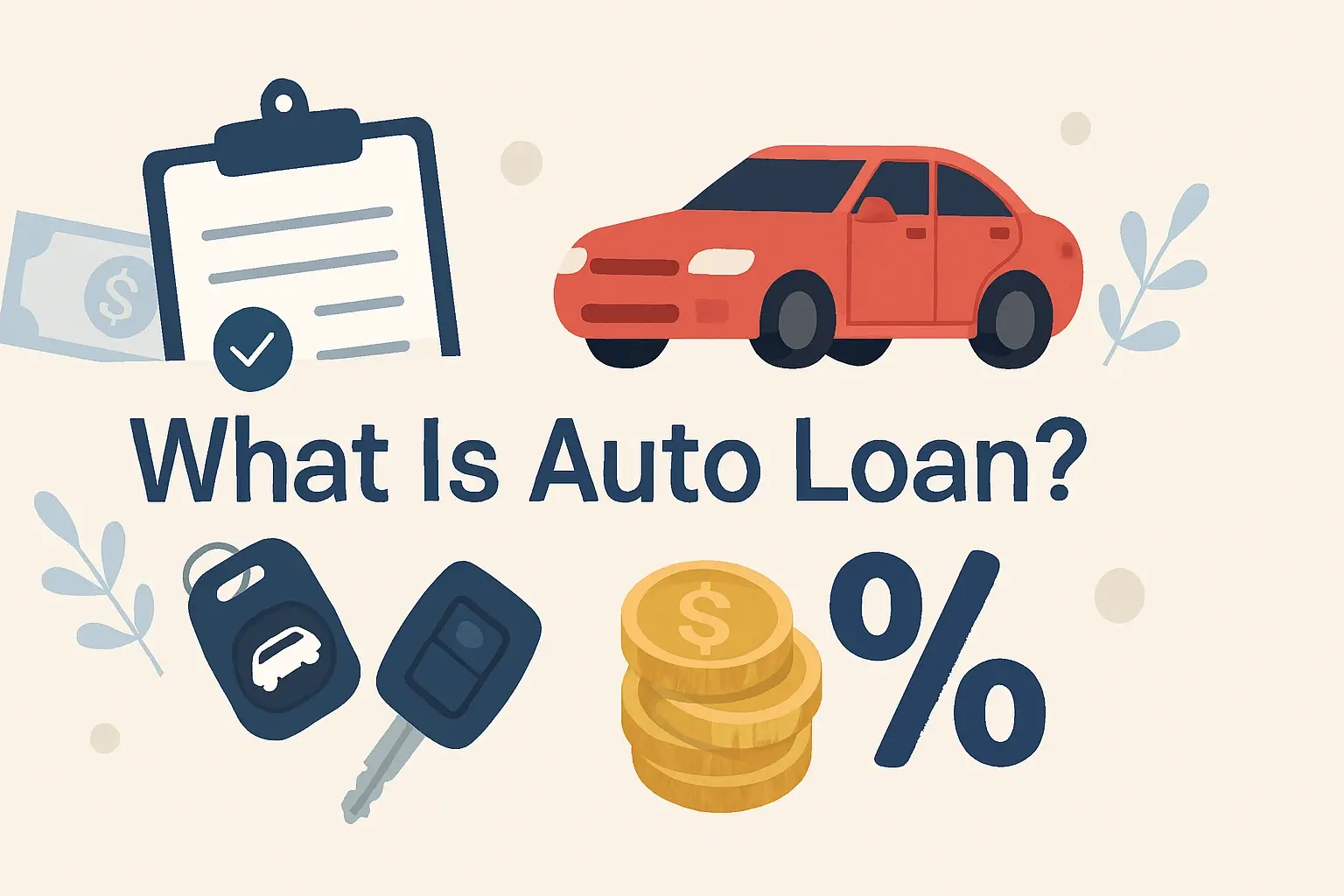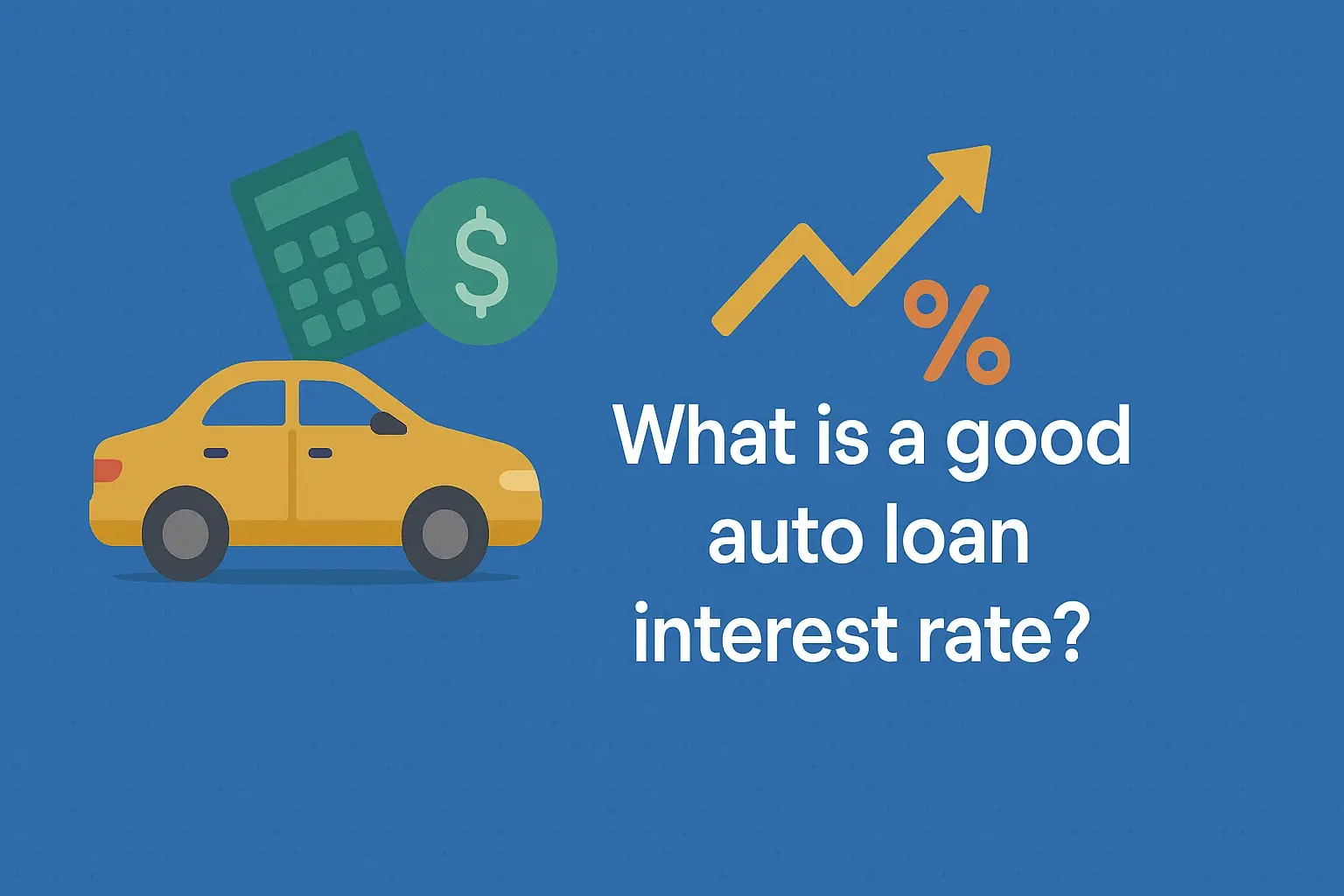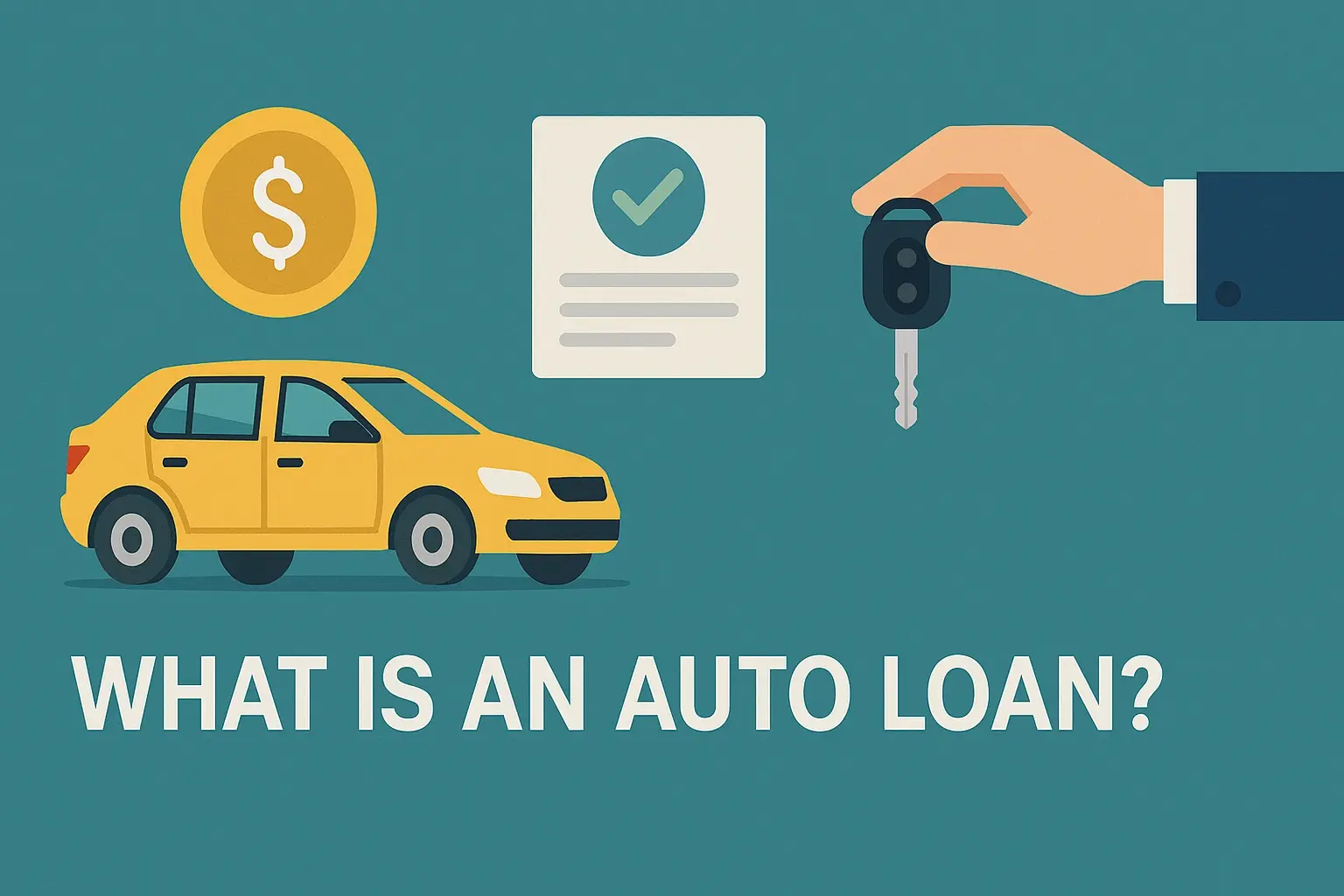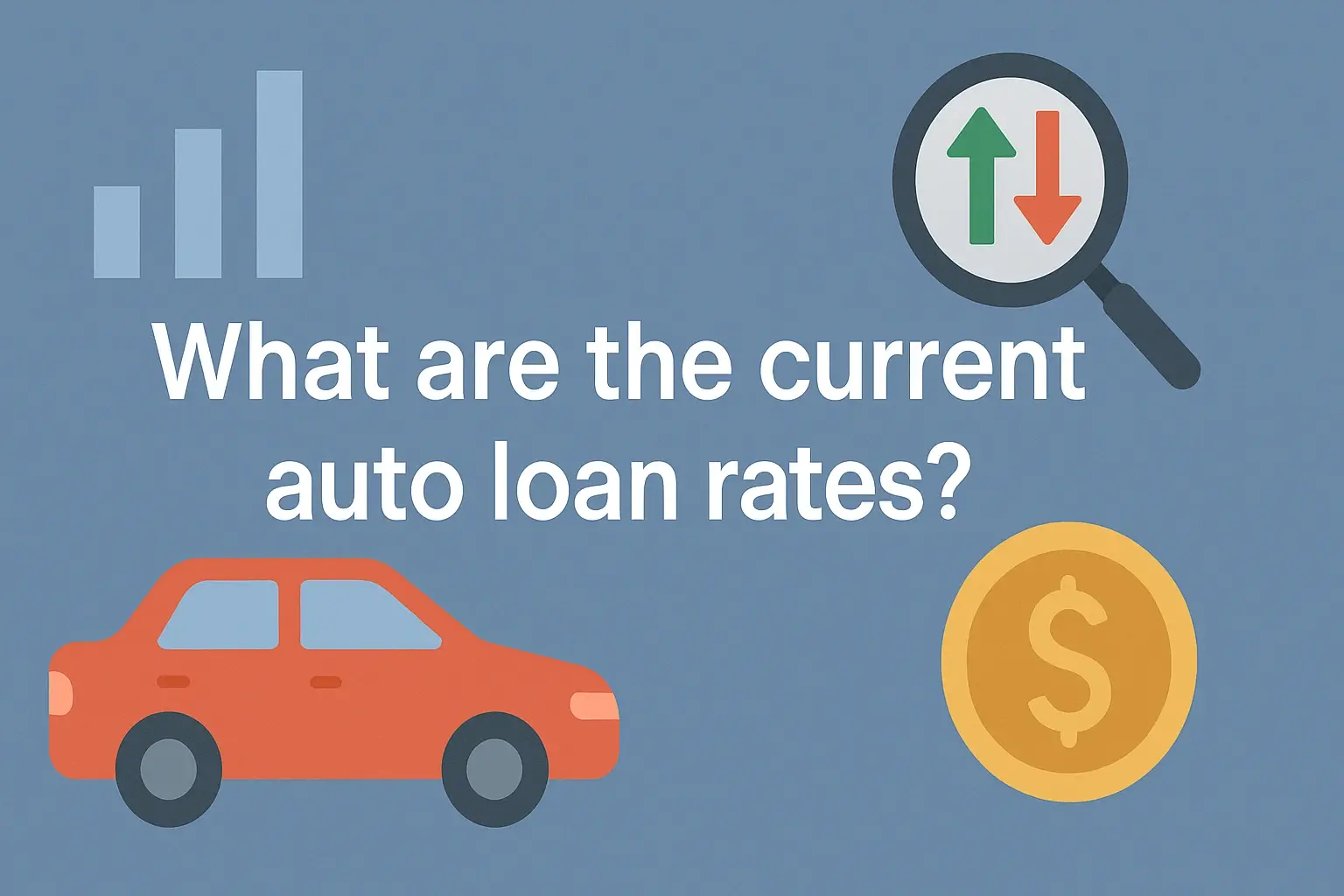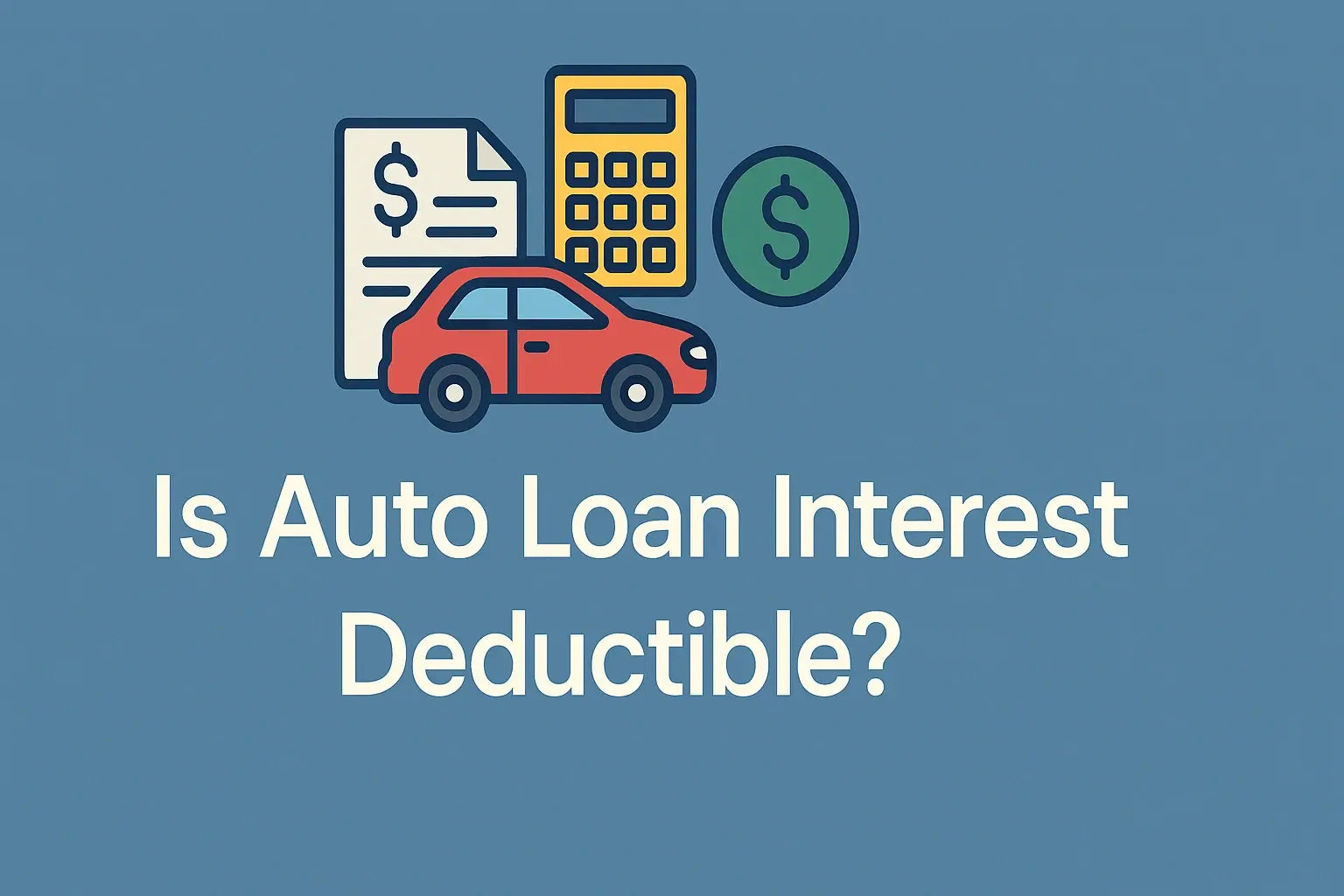-
Posted on: 25 Jul 2024
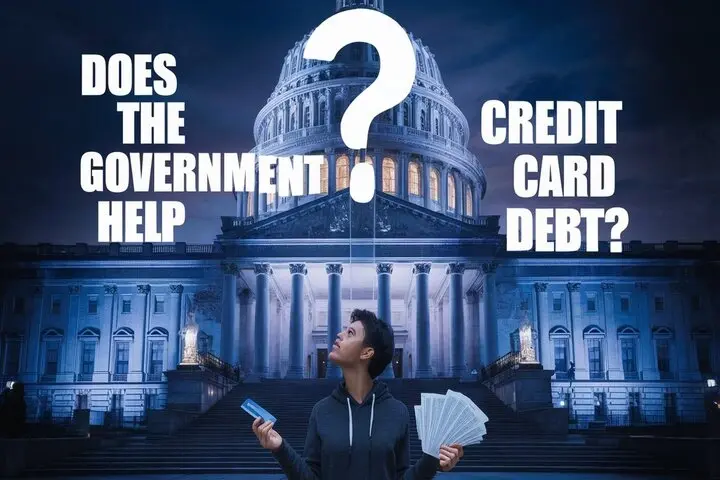
-
Credit card debt can be a significant burden, affecting your financial well-being and overall quality of life. Many people facing this challenge naturally wonder if the government offers any direct assistance. While the answer isn't a straightforward "yes," there are indirect ways the government supports individuals struggling with debt and programs that can help you manage your finances effectively. This article explores these avenues, providing clarity and resources to help you navigate your debt situation.
Understanding Government's Role in Debt Management
The government's role primarily revolves around consumer protection, financial education, and regulating the financial industry. Direct debt relief for credit card debt is rare. Instead, the government focuses on creating a framework that empowers individuals to manage their finances responsibly and offers support through various agencies and programs.
Consumer Financial Protection Bureau (CFPB)
The Consumer Financial Protection Bureau (CFPB) is a key agency focused on protecting consumers in the financial marketplace. Its primary functions include:
- Enforcement of Financial Laws: The CFPB enforces federal consumer financial laws and regulations, protecting individuals from unfair, deceptive, or abusive practices by financial institutions, including credit card companies.
- Consumer Education: The CFPB provides educational resources to help consumers understand their financial rights and make informed decisions about credit cards, loans, and other financial products. They offer guides, tools, and articles on various topics, including debt management and credit scores.
- Complaint Resolution: Consumers can file complaints with the CFPB against financial institutions, including credit card companies. The CFPB investigates these complaints and works to resolve them, providing a valuable avenue for addressing issues and potentially recovering losses.
- Research and Analysis: The CFPB conducts research on consumer financial markets to identify trends, risks, and opportunities. This research informs policy decisions and helps the agency develop strategies to protect consumers.
Federal Trade Commission (FTC)
The Federal Trade Commission (FTC) plays a vital role in protecting consumers from fraudulent and deceptive business practices, including those related to debt relief services. The FTC takes action against companies that make false or misleading claims about their ability to reduce or eliminate debt.
- Combating Debt Relief Scams: The FTC actively investigates and prosecutes debt relief scams, including those promising unrealistic debt reduction or charging exorbitant fees. They provide resources and warnings to help consumers identify and avoid these scams.
- Enforcing Truth in Lending Act (TILA): The FTC enforces the TILA, which requires credit card companies to clearly disclose the terms and conditions of their products, including interest rates, fees, and repayment schedules. This transparency helps consumers make informed decisions about using credit cards.
Indirect Government Assistance Through Non-Profits
While the government doesn't typically provide direct financial assistance for credit card debt, they often fund or partner with non-profit organizations that offer valuable services, such as credit counseling and debt management plans (DMPs).
Credit Counseling Agencies
Non-profit credit counseling agencies provide free or low-cost counseling services to help individuals assess their financial situation, develop a budget, and explore debt management options. These agencies are often certified and accredited by organizations like the National Foundation for Credit Counseling (NFCC).
A certified credit counselor can help you:
- Review Your Financial Situation: Analyze your income, expenses, assets, and debts to get a clear picture of your financial health.
- Develop a Budget: Create a realistic budget that allows you to track your spending and allocate funds for debt repayment.
- Explore Debt Management Options: Discuss various options for managing your debt, including debt consolidation, debt settlement, and bankruptcy.
- Negotiate with Creditors: Some credit counseling agencies may negotiate with your creditors on your behalf to lower interest rates, waive fees, or establish more manageable payment plans.
Debt Management Plans (DMPs)
A DMP is a structured debt repayment program offered by credit counseling agencies. Under a DMP, you make a single monthly payment to the agency, which then distributes the funds to your creditors according to an agreed-upon schedule. DMPs can often lead to lower interest rates and waived fees, making it easier to pay off your debt.
Important Considerations for DMPs:
- Fees: While many non-profit agencies offer DMPs, be sure to inquire about any fees associated with the program.
- Impact on Credit Score: Enrolling in a DMP may negatively impact your credit score, particularly in the short term. However, as you make consistent payments and reduce your debt, your credit score can improve over time.
- Creditor Participation: Not all creditors participate in DMPs. Check with the credit counseling agency to ensure that your creditors are willing to work with the program.
Other Debt Relief Options to Consider
Beyond government-supported resources and DMPs, several other debt relief options are available, each with its own advantages and disadvantages.
Debt Consolidation
Debt consolidation involves taking out a new loan to pay off existing debts. This can simplify your finances by combining multiple debts into a single payment. Common types of debt consolidation include:
- Personal Loans: Unsecured loans from banks or credit unions that can be used to pay off credit card debt.
- Balance Transfer Credit Cards: Credit cards that offer a low or 0% introductory interest rate on balance transfers. This can be a good option if you can pay off the balance before the introductory rate expires.
- Home Equity Loans or Lines of Credit (HELOCs): Loans secured by your home equity. These typically have lower interest rates than unsecured loans, but they also carry the risk of foreclosure if you fail to repay the loan.
Debt Settlement
Debt settlement involves negotiating with your creditors to pay less than the full amount you owe. This can be a risky strategy, as it can negatively impact your credit score and may not always be successful. It's crucial to understand the potential consequences before pursuing debt settlement.
Risks of Debt Settlement:
- Negative Impact on Credit Score: Debt settlement can significantly lower your credit score, making it difficult to obtain credit in the future.
- Collection Lawsuits: Creditors may pursue collection lawsuits against you if you fail to pay your debts.
- Tax Implications: The amount of debt forgiven through debt settlement may be considered taxable income.
Bankruptcy
Bankruptcy is a legal process that can provide debt relief by discharging or reorganizing your debts. There are two main types of bankruptcy for individuals:
- Chapter 7 Bankruptcy: Involves liquidating assets to pay off debts. Certain assets are exempt from liquidation.
- Chapter 13 Bankruptcy: Involves creating a repayment plan to pay off debts over a period of three to five years.
Bankruptcy can have a significant impact on your credit score and financial future. It's important to consult with a bankruptcy attorney to understand the potential consequences and determine if it's the right option for you.
Resources for Financial Education and Support
In addition to the resources mentioned above, several other organizations and programs offer financial education and support to help individuals manage their debt and improve their financial well-being.
Financial Literacy Programs
Many non-profit organizations and community centers offer financial literacy programs that teach individuals about budgeting, saving, investing, and debt management. These programs can help you develop the skills and knowledge you need to make informed financial decisions.
Government Websites
Several government websites offer valuable information and resources on personal finance, including:
- MyMoney.gov: A website created by the U.S. government to provide financial education resources to individuals of all ages.
- AnnualCreditReport.com: A website where you can obtain a free copy of your credit report from each of the three major credit bureaus once a year.
Avoiding Debt Relief Scams
Be extremely cautious of companies promising quick fixes for your debt. Scammers often use aggressive sales tactics and make unrealistic promises. Look out for these red flags:
- Requiring upfront fees before providing any services.
- Guaranteeing debt reduction by a specific percentage.
- Advising you to stop communicating with your creditors.
- Using high-pressure sales tactics.
Always do your research and check the company's reputation with the Better Business Bureau (BBB) before signing up for any debt relief services.
The Importance of Budgeting and Financial Planning
One of the most effective ways to prevent and manage credit card debt is to create a budget and stick to it. A budget allows you to track your income and expenses, identify areas where you can cut back, and allocate funds for debt repayment. Consider using budgeting apps, spreadsheets, or other tools to help you stay on track.
Financial planning involves setting financial goals and developing a plan to achieve them. This can include paying off debt, saving for retirement, buying a home, or starting a business. A financial advisor can help you create a personalized financial plan that meets your needs and goals.
Conclusion
While the government doesn't typically provide direct financial assistance for credit card debt, there are numerous indirect ways the government supports individuals struggling with debt. By utilizing resources from the CFPB, FTC, non-profit credit counseling agencies, and other organizations, you can gain valuable knowledge and support to manage your debt effectively. Remember to explore all available debt relief options carefully, including debt consolidation, debt settlement, and bankruptcy, and to prioritize financial education and responsible budgeting practices. Taking proactive steps to address your credit card debt can lead to a brighter financial future.







